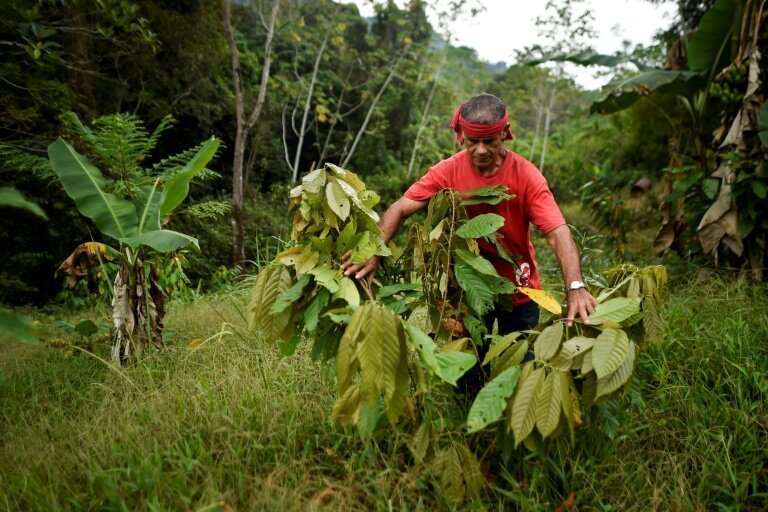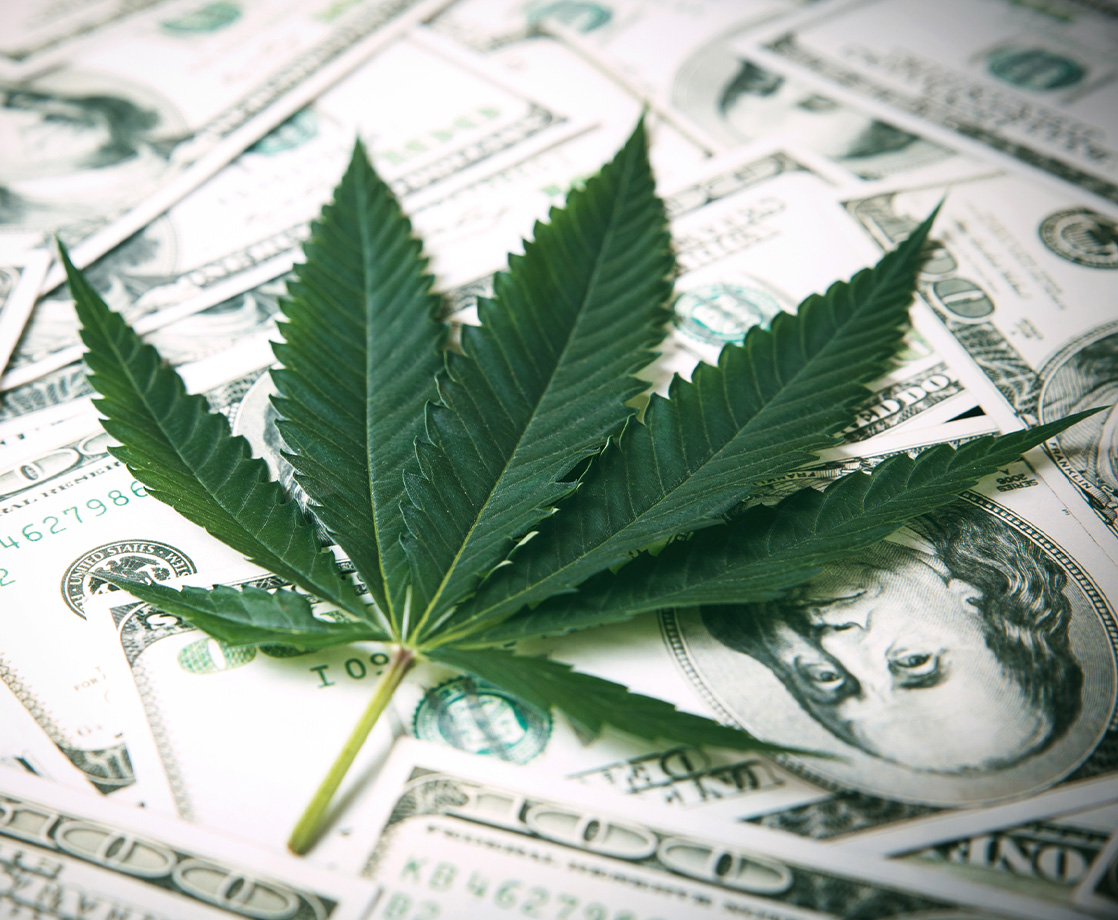Image via
Colombia’s president slammed prohibitionist politics at the UN General Assembly this past Tuesday in his first speech to the chamber. He said that the rainforest is filled with violence from the prosecution of the Inca’s sacred medicine: Coca, the plant from which cocaine is derived. He also said that the rainforest is pillaged for oil. Both the prosecution of coca farmers and harvesting fossil fuels are destroying the Earth. “The war on drugs has failed,” he said, according to a United Nations translation. “The fight against the climate crisis has [also] failed.”
From the start of his administration, Petro made it clear that he’s had it with the War on Drugs and its calamitous effects on his country. In August, he likened the prospect of legal cocaine to vegetable crops. “[It’s] like sowing corn, like sowing potatoes,” he said.
In his UN speech, Petro also called out the hypocritical world powers who feign interest in reversing climate change while, at the same time, expending resources on harvesting fossil fuels — and in fighting against a relatively-harmless psychoactive substance.
“What is more poisonous for humanity, cocaine, coal, or oil?” Petro said. “The opinion of power has ordered that cocaine is poison and must be persecuted, while it only causes minimal deaths from overdoses … but instead, coal and oil must be protected, even when it can extinguish all [of] humanity.”
He also called out the hypocrisy of the United States and explained what he thinks will happen if the Drug war continues. “We’ll see millions of Afro-North Americans locked up in private jails,” Petro said.
His statement comes at a key moment in global drug politics. On Wednesday and Thursday, the UN Commission on Narcotic Drugs (CND) held sessions on the implementation of international drug policy. The CND is the primary decision-maker when it comes to the three major UN drug control treaties, which tend to determine much of global policy on psychoactive substances. Just this month, the UK cited a UN treaty as the reasoning behind striking down plans in Bermuda — one of its territories since 1684 — to legalize cannabis.
He’s not the first Colombian president to indicate that he wants to decriminalize currently-illegal psychoactive substances. In 2015, Merry Jane reported former President Juan Manuel Santos’ comments to the press saying he wanted to regulate cannabis — which he followed through on that same year. Then in 2019, the country’s Constitutional Court struck down a ban on consuming marijuana in public.
Petro’s comments regarding cocaine, however, diverge widely from his predecessor Iván Duque, who liked to compare cocaine’s environmental impact unfavorably to that of cannabis, which he saw as a viably beneficial investment for the Colombian economy.
Clashes between drug cartels, the Colombian army, and guerrilla groups National Liberation Army (ELN) and Revolutionary Armed Forces of Colombia (FARC) have led to the displacement of 73,974 people in 2021, according to a UN report — twice as many as during the preceding year. If the sale of illicit drugs is funding even part of these battles, Petro is right that it is high time that Colombia opened the door to legal production of cocaine to divert those funds.











